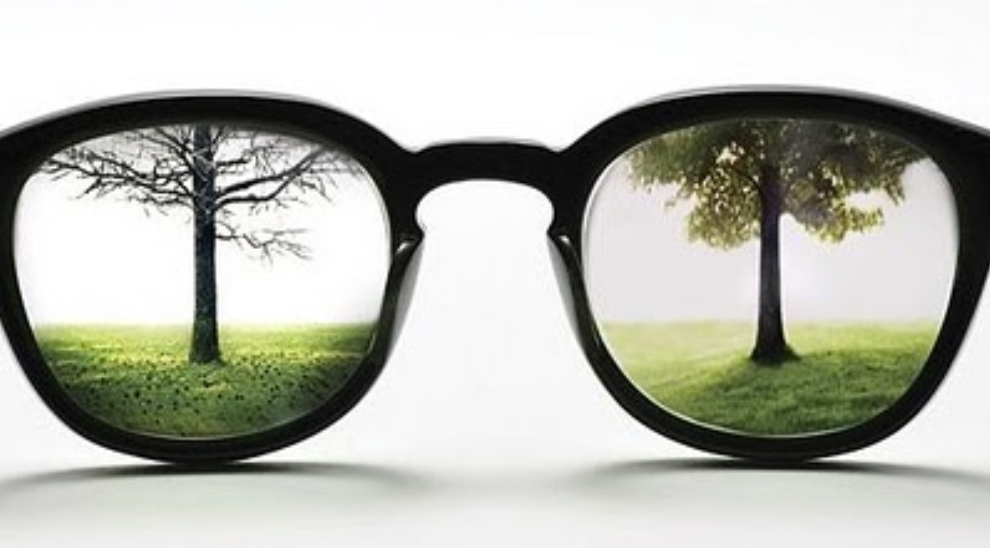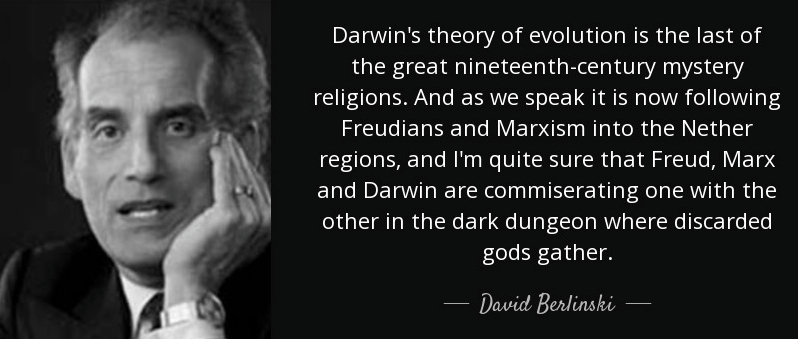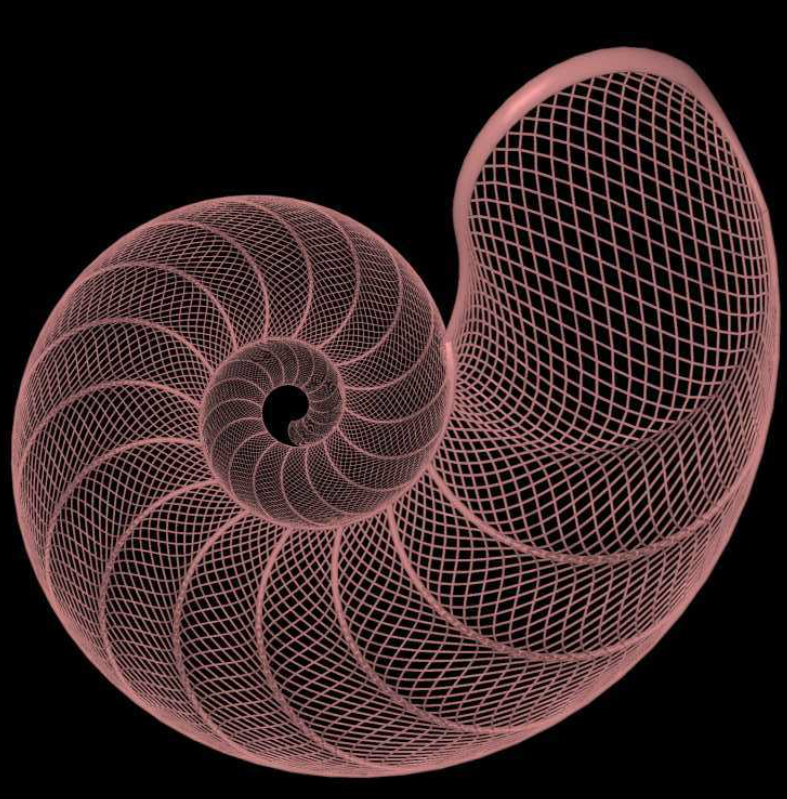
This blog is part three of four on the question of God’s Existence.
In my book “Is There a God?” I focus the discussion of the question of God’s existence regarding three major areas of reality and discuss how atheism and monotheism think about each area with respect to explaining them with or without God. In the book I describe the major tenets and arguments made by each side within each of three pivotal areas: (1) The Nature and Existence of Physical Reality, (2) The Design and Purpose of Physical reality, (3) The explanation of Morality. To put these three areas in simpler language by the way of questions:
- Why does the universe and the physical order exist?
- What explains the complexity and appearance of design in nature?
- Is morality real or just opinion and preference?
In part 3, we delve into the big question of morality. When we assert that something is wrong are we really saying it is objectively so? If not – we seem to be left with a world of the jungle – a pure power struggle. If we do assert objective morality, we are left with the challenge of explaining its source. Here we go – part 3: The Explanation of Morality.
The Explanation of Morality
We make choices and judgments every day. Most of these are matters of personal preference. We decide what to eat or what to wear or when to get up, what to watch on television, what to read, etc. We may recommend such things as beneficial or enjoyable or even prudent, but we stop well short of requiring that everyone must think or behave as we do. However, there are some behaviors that we consider as truly required for all people. We consider behaviors such as lying, cheating, stealing, and murder as wrong for all people at all times. We also consider such things as telling the truth, taking care of our children, and respecting people and property as a standard for everyone.
Where do these ideas of ethics and morality come from? Are they simply matters of personal preference? Can a group decide to embrace murder and theft as a way of life and is this acceptable if everyone involved were to agree? Would a world with 10 sadists and a single masochist form an acceptable society? If that society is not acceptable, on what basis can we disagree when all eleven are all for it? What about the common good? Are there behavioral standards that are rightly decided by the majority in society and then imposed on the minority? Can a government take from me without my consent in order to provide for others? How do we answer these questions?
When someone steals my car or attacks my wife or lies to me about the home I bought, I exclaim, “this is wrong!” But can there be real objective (same for everyone) right and wrong without an outside standard that everyone is subject to? And without such a standard aren’t we left with a competition among personal preferences? Is it a mere power struggle – the law of the jungle? In other words: I prefer my car, but so do you. I prefer my wife to be safe. You prefer to hurt her. I prefer to know the truth about the home I purchase; you prefer to get the best deal by lying.
For the atheist, it is people that define what is moral, and it must be this way because there is no God who is the source of moral standards. There is no pre-existing moral code that precedes our existence. The essence of what it means to be human was not there before we arrived on earth. Our essence and our meaning are our decision. This is existentialism. Our existence precedes our essence (who we really are and what it means to be human). To the existentialist, this means true freedom, the ability to define our lives and make them meaningful without the “oppression” of a standard that precedes our beginning. We can be saints without a God.
Existentialism is about being a saint without God; being your own hero, without all the sanction and support of religion or society.
― Anita Brookner
That is not to say that the morality of an atheist is completely arbitrary. The atheist would appeal to reason and experience in forming a moral system. For example, we can see the superior value of humans over other animals based on intelligence and creativity, and consequently decide that farming cows and chickens for food are morally acceptable, but cannibalism is not. Similarly, it might be reasoned that murder is wrong in that it disrupts the family unit and therefore, hurts the survival of our species. Likewise lying and stealing might be considered wrong in that it hurts personal freedom and the ability of humans to reach their fullest potential. The atheist evolutionary scholar Richard Dawkins has said that he favors such ethics and would not favor mere “Law of the Jungle” (survival of the fittest) as a basis for human ethics.
But some existential atheists can and have reasoned morality in other directions which are very disturbing. An example that is obviously offensive to most people (including most atheists) is the forced sterilization of the mentally retarded or criminal. One that is even more extreme is racial or political genocide as experienced in Yugoslavia or Croatia or Nazi Germany or Stalinist Russia. These extremes are rationalized based on a moral code that seeks to maximize the common good of a nation at the expense of a minority group. Murder has been defined as justice and good by the likes of Stalin and Hitler and Pol Pot. The point here isn’t that atheistic materialism always results in these repulsive extremes. Gladly not! The point is that existential ethics can take very different and contradicting paths. The “saint” of one system can be a “demon” in another. Existential ethics is unanchored to any objective outside standard.
Of course most atheists would be quick to point out that many heinous acts have also been done in the name of religion. Indeed, both religious and atheists can commit heinous acts, which are rightly condemned. But the very act of condemnation speaks volumes. The atheist like all of us cannot avoid making moral judgments and condemn evil behavior. Condemning genocide means that any person or government should never perpetrate it. The wrongs of the Christian crusades are truly wrong, as are the murderous purges of the atheistic regimes of the 20th century. But if there are true objective moral standards than atheism seems at a loss to explain objective morality.
If there is no God, everything is permitted. ― Fyodor Dostoevsky
The theist believes that the God who is responsible for the existence and design of the physical order, is also the source of morality and the ones who defines what is good and acceptable for all people at all times. We are not existential – our essence and purpose precedes our existence. God defines the essence and meaning of being human. We are accountable to God. We come into this world as a human being that has been designed and purposed by God to live in a certain way. The meaning of life that is found within in the categories of human meaning: significance, transcendence, and community. Human meaning is deeply moral. This is why we innately condemn others and ourselves when evil is embraced or practiced. We naturally reject cruelty, treachery, stealing, exploitation, and torture – not out of personal taste, but because they violate the standards of the creator. The reason we make moral judgments is that we are created moral creatures.
He who passively accepts evil is as much involved in it as he who helps to perpetrate it. He who accepts evil without protesting against it is really cooperating with it. ― Martin Luther King, Jr.
The criticism of the theistic view of morality immediately begins with the observation that evil is all around us. This standard of morality that is alleged to come from God is continually violated. Murder, mayhem, deceit, and cruelty are practiced in every society and sadly in limited ways by all of us. Who can claim not to have lied, or hated, or stole? Is not the existential jungle of human created morality a better explanation of the real world than a supposedly good and all powerful God who “reigns over such a broken and evil world? Is not the reality of evil a powerful argument against God (at least a good one) being real? Indeed, the problem of evil is a seemingly potent objection to the concept of a truly good and truly all-powerful God. The existence of evil convinces many that either God does not exist at all or that he is limited in his goodness or power and is not the good God that is commonly espoused. If God is truly good and truly great why is his creation such a mess? This is the moral argument against God.
Is the problem of evil fatal to theism that asserts a good God who is the basis of morality? One response is that there is nothing illogical about a truly good God who allows evil in order to create a greater good. Just as the suffering of an individual can lead to greater character and strength, could not evil and brokenness be necessary and allowed and utilized by God in order to bring creation to a good and appointed position? Certainly this is mysterious, but it is not illogical or impossible. In fact if you discard God as the source of morality because of the existence of evil, you replace one mystery with another. If God is denied because of evil, that also removes the very foundation on which real morality, real good, can exist. Try as you might, you end back in the existential jungle, where “good” is only opinion, “might makes right”, and ultimate justice is impossible. To have a problem with evil is to take evil seriously and that leads us back to God for answers.
Until Next Time – Will






